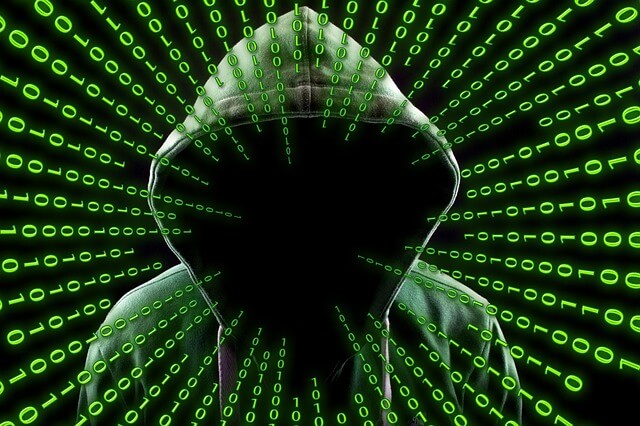What are Computer Viruses and its Types?

For those not used to the computer language, a computer virus isn’t anything like the disease-causing human virus. A computer virus is more harmful than that and refers to a malicious software program that can disrupt the normal functioning of a computer system. These viruses can infect the host computer and modify its functioning in various damaging ways.
They can steal data, delete or modify documents and files, steal or damage hard disk spaces or cause a software program to function in an unexpected manner. Other harmful actions of these viruses include attaching onto files stored on floppy discs, email attachments, USBs and hard discs. Overall, these computer viruses can slow down your CPU processing.
The computer virus replicates itself by modifying computer programs and gets transferred onto other computers and devices through transfers of infected files, emails, discs, and USBs. Once these are opened on another computer, they too get infected – unless there is a strong and updated antivirus program already installed. These malicious computer viruses cause a lot of economic damage every year by corrupting data, causing systems failure and increasing maintenance costs.
Here are some types of well-known computer viruses:
File Infector
This is one of the most common types of computer virus that attaches onto files and can eventually take over the file, corrupting it completely.
Memory Resident Virus
This type of virus corrupts the computer’s memory and can delete files to create space for itself.
Browser Hijacker
This hijacker virus can take over your browser and comes attached to free downloads and appealing toolbars and programs.
Macro Virus
This virus attaches onto files that support macros such as Microsoft Excel or Word. You can accidentally download them onto your device as email attachments.
Boot Sector Virus
This type of virus gets attached to the boot menu and will start operating every time you put on your computer.
Multipartite Virus
This is one of the toughest viruses to deal with as it spreads in several ways with multiple destructive actions.
Polymorphic Virus
They are very hard o detect as they encrypt and change their coding, making it difficult for your security program to pick up.
Web Scripting Virus
Unknown to you, a site can host malicious viruses added by a third party with nefarious intents. Be careful about the sites you click on.
Direct Action Virus
This type of virus only becomes active when the infected file or program is under operation. Most anti-virus software can detect this virus.
To keep your device safe from computer viruses, you should install the latest antivirus software.

